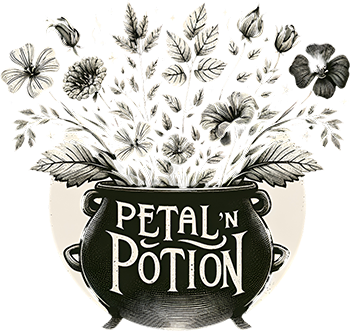L a v e n d e r
Lavender (Lavandula angustifolia) is a flowering plant in the mint family, native to the Mediterranean region.
Known for its calming fragrance and vibrant purple flowers, lavender has been used for centuries in
aromatherapy, traditional medicine, and culinary applications.
Benefits
- Calming and Relaxation: Promotes relaxation, reduces stress, and helps alleviate anxiety.
- Improves Sleep Quality: Aids in improving sleep quality and treating insomnia.
- Pain Relief: Alleviates pain associated with headaches, muscle aches, and joint pain.
- Skin Health: Treats skin conditions such as acne, eczema, and minor burns due to its antimicrobial and anti-inflammatory properties.
- Digestive Health: Supports digestive health by alleviating symptoms such as bloating, gas, and indigestion.
- Antimicrobial Properties: Exhibits antibacterial, antifungal, and antiviral effects, helping to prevent infections.
- Respiratory Health: Helps relieve symptoms of respiratory conditions such as colds, coughs, and bronchitis.
- Antioxidant Properties: Provides antioxidants that protect cells from oxidative stress and damage.
- Menstrual Pain Relief: Eases menstrual cramps and discomfort.
Active Compounds
- Linalool: The primary active compound responsible for lavender’s calming and relaxing effects.
- Linalyl Acetate: Contributes to the plant’s soothing and analgesic properties.
- Camphor: Provides antimicrobial and anti-inflammatory benefits.
- Cineole: Offers additional respiratory and antimicrobial effects.
- Flavonoids: Provide antioxidant protection and support overall health.
- Tannins: Contribute to the plant’s astringent and antimicrobial properties.
Who Should Avoid This
- Individuals with Allergies: Those allergic to lavender or related plants should avoid it.
- Pregnant and Nursing Women: Generally considered safe, but it is advisable to consult a healthcare provider before use, especially in large amounts.
- Individuals with Hormone-Sensitive Conditions: Such as breast cancer, uterine cancer, ovarian cancer, endometriosis, or uterine fibroids should use caution due to lavender’s estrogen-like effects.
- Individuals on Medication: Particularly those taking sedatives or antihypertensive drugs should consult a healthcare provider to avoid interactions.
- Children: Use caution when applying lavender oil to young children, as it may cause skin irritation.
Warnings
While lavender offers numerous health benefits, some precautions and potential side effects should be considered:
- Allergic Reactions: Can cause allergic reactions in some individuals, particularly those with sensitive skin.
- Hormonal Effects: May have estrogen-like effects; use caution in individuals with hormone-sensitive conditions.
- Pregnancy and Breastfeeding: Generally considered safe, but consult a healthcare provider before use, especially in high doses.
- Interactions with Medications: May interact with certain medications, including sedatives and antihypertensive drugs.
Usage Guidelines
Lavender can be used both short-term and long-term, depending on the condition being treated. For acute issues such as stress relief or sleep improvement, it is typically used until symptoms improve. For ongoing benefits such as skin health, pain relief, or general wellness, longer-term use may be appropriate but always under the guidance of a healthcare professional. Always consult with a healthcare provider to determine the correct dosage and duration for your specific needs.
